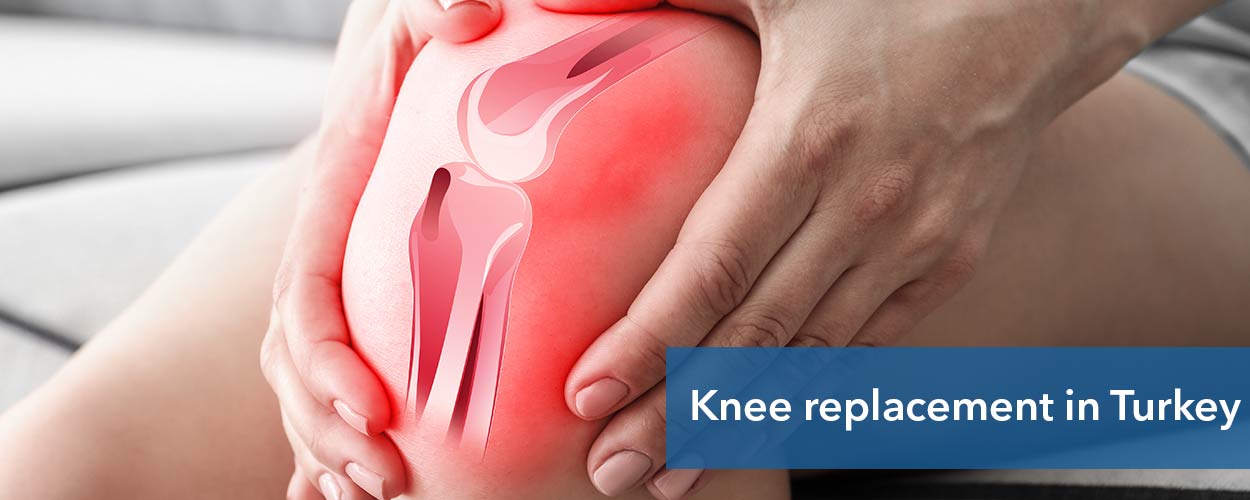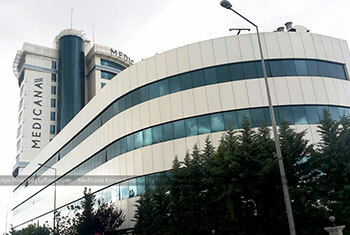Knee replacement: An overview
The knee joint is a weight-bearing joint that consists of end parts of two bones (femur and tibia), joined by tendons and ligaments. It is made of the lower part of the femur (thigh bone), the upper end of the tibia (shin bone) and the kneecap (patella). The surfaces on these bones in the joint are covered by a cartilage, a soft protective substance that allows smooth gliding of the bones and easy movement.
Various kinds of degenerate diseases or injury can cause damage to the knee joint, causing it lose its normal structure and functions. Osteoarthritis is the most common knee condition that causes deterioration of the knee joint, resulting in pain and inability to move properly.
Trauma or age related wearing off of the joint bones and cartilage over time can also lead to these symptoms, including pain, laxity, and restriction of the range of motion of the knee joint. When such conditions of the knee joint cannot be managed with medication and physical therapy, the orthopaedic specialist may suggest surgical intervention.
Knee replacement is a surgical procedure in which the damaged parts of these bones in knee joint are cut and the artificial implant parts made of metal alloys and/or medical grade are placed. The aim is to provide long-term solution to relieve pain and restore the movement of the joint. There will be an overall improvement in the quality of life for the patient, and they will be able to take part in physical activities.
Types of knee replacement surgeries:
Total Knee Replacement (TKR):
Also known as a total knee arthroplasty, the surgery involves removal of the damaged cartilage and bone from the surface of the knee joint and replacement with a knee implants. Total knee replacement can be performed for a single or both knees, depending on individual case.
Partial Knee Replacement:
A partial knee replacement is also referred to as unicompartmental knee arthroplasty (UKA). In this procedure, only a part of the knee joint that is damages will be replaced with an implant. The partial knee replacement has some advantages, including use of smaller incision, less blood loss, shorter hospital stay, faster recovery, less risk of infection, blood clots and stiffness.
Minimally Invasive Knee Replacement Surgery:
Minimally invasive surgery (MIS) is a keyhole approach for the knee replacement procedure. The surgeon makes smaller incisions (in comparison to conventional TKR) to access the joint and use specialized instrumentation to perform the surgery.
As smaller incisions (three to five inches) are required in Minimally invasive knee replacement, it causes less surgical trauma to the healthy tissues. This leads several benefits, including less post-operative pain, reduced recovery time, minimal scarring, shorter hospital stay and quicker rehabilitation. MIS knee replacement can be performed with robotic arms and computer navigation system.
Revision Knee Replacement Surgery:
Revision knee replacement surgery is required to replace the replacement knee that was put in previous surgery. It might be needed when the implant has worn out or damaged. The revision surgery is a more complicated procedure and takes longer than the primary knee replacement surgery.







